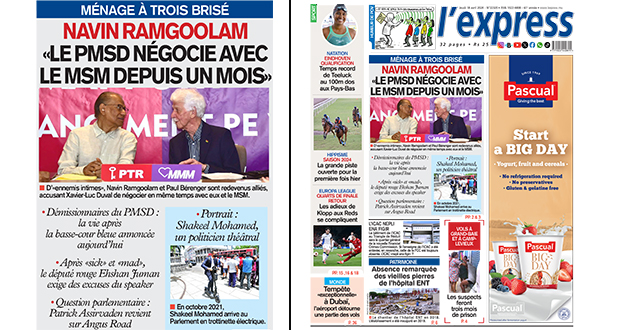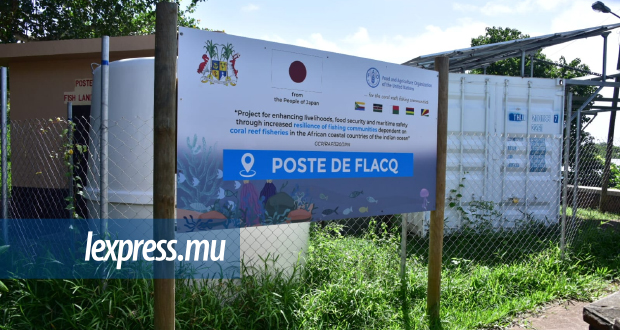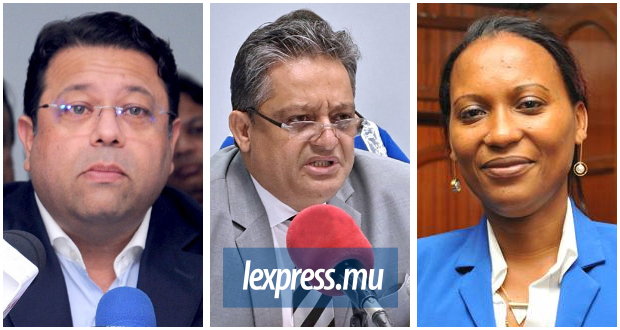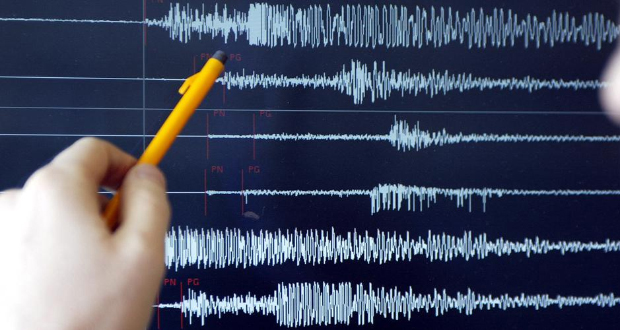Publicité
That fat lazy bird is dead since long, lets crack on, this is 2015
Par
Partager cet article
That fat lazy bird is dead since long, lets crack on, this is 2015

I cannot remain insensitive to the current debate about the newly signed Indo-Mauritian double taxation protocol. Until recently, I was an employee of one of the leading India centric management companies and developed relations there. I feel the concern of my ex-colleagues.
I can view the debate more objectively now than I would have a few months back when I was on the other side of the fence. We have on one side a vociferous India centric segment of the industry in furore about revisions to the existing DTA and on the other the Mauritian authorities insisting that there are nothing but opportunities in the revised protocol. Until such time the document is rendered public, speculation will be rife.
In the absence of clarity, I would like to base my analysis on the worst case scenario: the revised protocol will put an end to that segment of the Global Business industry servicing India as we know it. So how did we get to this? A DTA is essentially a bi-lateral treaty, implying that its contents have to be commonly agreed by both states. India has for the best part of the last 10 years been asking for this treaty to be revisited with the Mauritian side playing dead which led to one of the BRICS nations having little control on the way that more than 30% of its inward FDI went untaxed for capitals gains.
If we were to reverse this scenario for arguments sake with Mauritius being the recipient of a consequent mix of low and high quality FDI that we would have otherwise liked to tax, we could end up feeling like cheap prostitutes with heavy wallets coming in, taking advantage of whatever it is that we have to offer and pulling out once satisfied they have extracted the maximum value they could.
My guess is that India, whose FDI this is after all, has decided that it would like to have things set out differently and pushed its weight around to achieve this outcome. Let’s be fair, in what capacity would we stand in their way to have it otherwise? DTAs tend to be agreements that see light on the back of solid diplomatic relationships between two states and the essence with which the 1983 DTA was entered into has never really been and is far from being relevant today. Island states rarely force super-powers in bed for as long as Mauritius has done with India. The truth of it is that this situation was no longer sustainable.
Following this logic, the revamped protocol establishes the terms upon which the two states now agree to carry on business and this must have dissipated a lot of the tension which has been accumulating for the past decade. The air is now cleared and the stage set for a new phase in the Indo-Mauritian relationship.
From a diplomatic angle, even at the height of the DTA tensions, relations have always been excellent. I believe Modi was genuine when he said during his Mauritian visit in March earlier this year that nothing would be done to harm Mauritian interests. That however does not exclude the fact that the status-quo has to be challenged from time to time to take into account global realities.
Just like the sugar industry had to reinvent itself, so will the Global Business sector. That fat lazy bird is dead since long, lets crack on, this is 2015.
Publicité
Les plus récents






